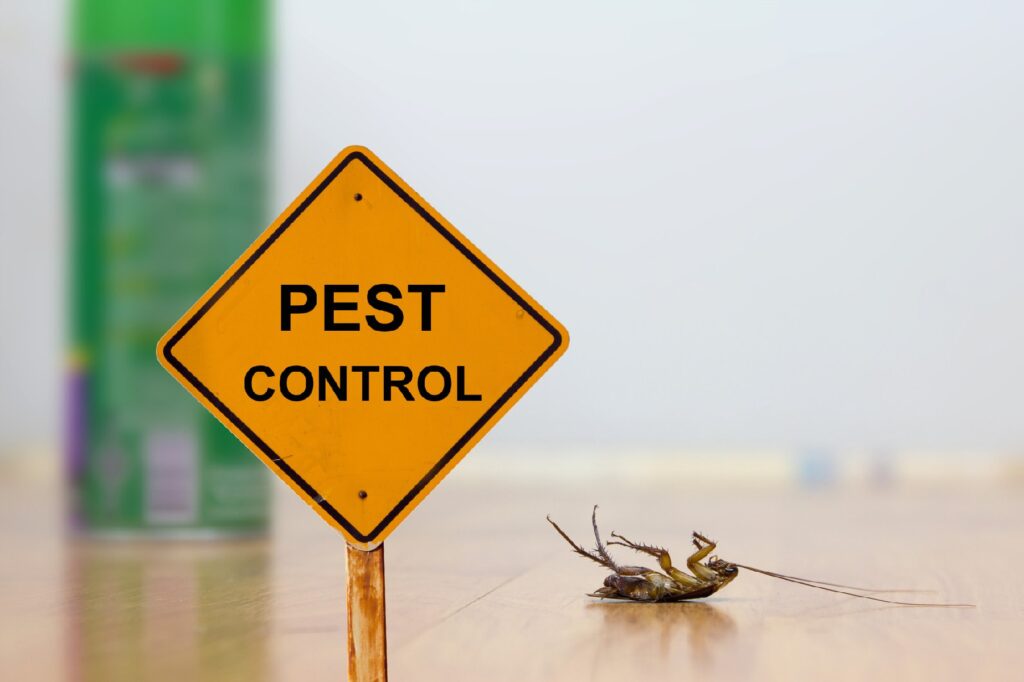Expert Pest Control Service Coquitlam: Protect Your Home from Invaders
Safe and Trustworthy Bug Control for Lasting Security
Effective parasite administration needs a multifaceted approach that stabilizes environmental stability with the need for effective bug suppression. The subtleties of these approaches might not be quickly clear, prompting a more detailed assessment of the methods that can lead to lasting parasite control end results.
Understanding Bug Control Approaches
Parasite control encompasses a selection of methods focused on handling and eliminating unwanted insects and rats that can intimidate both health and wellness and residential or commercial property. Recognizing these techniques is crucial for effective bug management.
The primary groups of insect control approaches include mechanical, biological, and chemical techniques. Mechanical approaches entail physical obstacles and catches to stop bug access and capture unwanted types. Making use of displays on home windows or using sticky traps can considerably lower bug populaces without presenting damaging compounds - exterminator coquitlam.

Chemical insect control is usually one of the most recognized technique, utilizing chemicals to eliminate bugs. These chemicals can be effective yet must be used with care to prevent unfavorable results on non-target types and the environment.
Benefits of Eco-Friendly Solutions
Exactly how can environment-friendly services transform parasite control practices? The fostering of environment-friendly insect control methods uses various benefits, significantly boosting the efficiency and security of pest administration.

An additional advantage is the favorable effect on regional biodiversity. Eco-friendly services are made to target particular parasites while maintaining advantageous bugs and wild animals, promoting a balanced ecological community. This approach lines up with the expanding customer demand for sustainable methods, boosting the credibility of parasite control providers.
Integrated Insect Monitoring Approaches
The implementation of environment-friendly remedies normally leads to the adoption of Integrated Insect Management (IPM) strategies, which better enhance insect control effectiveness. IPM is an alternative technique that incorporates numerous methods to handle bug populaces while decreasing ecological influence. This approach stresses making use of organic, social, mechanical, and chemical controls, making certain a well balanced and lasting approach of pest management.
One basic facet of IPM is the thorough assessment of pest task and ecological problems. By keeping track of pest populaces and recognizing their life process, professionals can implement targeted interventions that interfere with the bug's habitat or lifecycle, decreasing reliance on chemical pesticides. In addition, social techniques such as plant rotation and environment adjustment can substantially decrease pest establishment and reproduction.
An additional essential element is the use of organic control representatives, such as beneficial insects or microbes, which can naturally subdue bug populations. When chemical applications are essential, visit the website IPM prioritizes using low-risk pesticides and uses them selectively, decreasing exposure to non-target microorganisms and people.
Including IPM approaches not only boosts insect control effectiveness however also advertises a much safer ecosystem, straightening with the expanding need for lasting techniques in parasite management.
Safe Practices for Home Owners
Comprehending the importance of secure methods in parasite control can empower home owners to successfully take care of insect concerns while securing their wellness and the environment. Carrying out preventive actions and non-toxic methods is vital in minimizing exposure to unsafe chemicals.
House owners need to initially assess their environment for conditions that attract insects, such as standing clutter, food, and water waste. Consistently cleaning and sealing access factors can hinder parasites from attacking the home. Making use of all-natural deterrents, such as essential oils or diatomaceous earth, can give reliable choices to chemical pesticides.
When chemical therapies are needed, property owners must decide for items that are particularly labeled as safe for household usage. It is necessary to follow application guidelines meticulously to stay clear of too much exposure. Utilizing targeted therapies in areas where pests are recognized, rather than covering spraying, can significantly lower chemical use.
Lastly, keeping open communication with parasite control experts is vital. Homeowners must ask about the security of items utilized and demand green choices whenever feasible. By taking on these risk-free techniques, property owners can develop a healthier living setting while effectively taking care of bug problems.

Tips for Long-Term Security
Establishing a bug management method that stresses long-term security can greatly boost the effectiveness of the risk-free techniques previously gone over. To click this link attain this, property owners must apply regular assessments of their residential or commercial property, concentrating on concealed locations such as attics, basements, and is termite control necessary crawl areas. Early detection of insect task is crucial in avoiding invasions from holding.
These practices decrease attractants that draw parasites right into the home. Securing entrance factors, such as splits around home windows and doors, can efficiently block possible parasite gain access to.
Landscaping ought to also be considered; maintaining plants trimmed and maintaining a range in between greenery and the home decreases concealing areas for pests. Making use of all-natural deterrents, such as vital oils or diatomaceous earth, can better prevent invasions without resorting to rough chemicals.
Lastly, teaming up with an expert pest control solution for regular evaluations can provide an added layer of safety. These experts can supply tailored referrals and advanced therapies, ensuring that your home continues to be safeguarded versus insects in the lengthy term.
Final Thought
To conclude, risk-free and trustworthy pest control needs a diverse method that emphasizes green approaches and incorporated insect administration. By executing all-natural deterrents, conducting routine inspections, and maintaining proper sanitation, residential or commercial property owners can dramatically reduce parasite populaces while shielding beneficial insects and the environment. Collaboration with expert bug control solutions improves the effectiveness of these strategies, making sure customized services that provide long-term security and satisfaction versus future invasions.
Reliable pest monitoring needs a multifaceted technique that balances environmental integrity with the demand for efficient parasite suppression. The fostering of eco-friendly bug control methods provides various advantages, dramatically enhancing the performance and safety of bug management.The application of environment-friendly options normally leads to the adoption of Integrated Pest Monitoring (IPM) strategies, which better enhance parasite control effectiveness. exterminator coquitlam. By keeping track of pest populaces and identifying their life cycles, specialists can implement targeted interventions that interrupt the insect's environment or lifecycle, decreasing reliance on chemical pesticides.In conclusion, safe and trusted insect control calls for a diverse approach that stresses eco-friendly approaches and incorporated insect monitoring